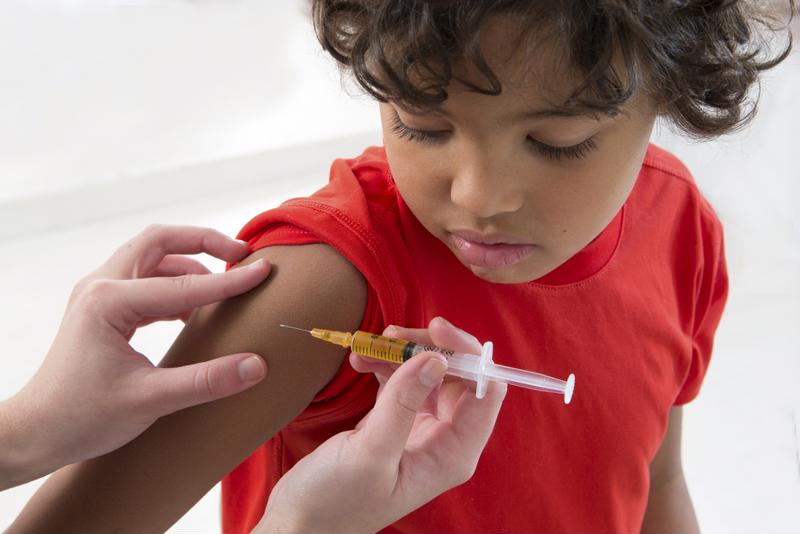Intense anxiety, severe shortness of breath, fainting: These are all signs of belonephobia, or fear of needles, and it can stop many individuals from receiving the medical care they need. It's a common medical condition those working in travel nursing jobs should keep in mind when working with patients.

Belonephobia is "one of the most common medical disorders in the human population," according to family physician and researcher James Hamilton, who shared his insights into the condition with The Washington Post.
Many travel nurses have seen patients with belonephobia, but how can they effectively treat them? Here are five tips for working with patients who have a fear of needles:
1. Normalize their feelings
Patients who have a debilitating fear of needles often feel embarrassed and that they are acting foolishly. However, as Dr. Hamilton noted, the condition is very common and nothing to be ashamed of. Travel nurses who act with compassion and empathy and tell patients they are not alone in their feelings can help decrease their anxiety.
2. Numb the injection area
There are patches and creams available that can numb the skin around the insertion site and thus reduce pain. Knowing that they won't feel pain can help nervous patients relax. Some of these products should be applied at a certain time ahead of the injection to ensure optimal function.
3. Disrupt the pain pathway
Specialty Pharmacy Times cites the "gate control theory" which posits that cold sensations and vibration can disrupt the sensation of pain as it travels from the injection site to the brain. A device like the Buzzy, which pairs a cooling pad with a vibrating module, is designed to take advantage of this process to help distract fearful patients while they receive a shot.
4. Use needles and syringes decorated with 'fun' designs
Needles outfitted with stickers, plastic butterfly wings, fabric flower petals and other creative decorations and flair can help put patients at ease. In an article for Medscape, Mary Muscari, author of "Pediatric Nursing," cites a study published in the Journal of Family Practice that found that these and similar stress-reducing needles decreased needle phobia aversion by 68 percent, and both fear and anxiety by 53 percent. Some 41 percent of the study participants were children and 59 percent were adults.
5. Use positive language
Nurses and anesthesiologists should use positive language while administering a needle to downplay any fear associated with the procedure. Nursing in Practice advises against using "nocebo" terms and phrases. As the opposite of a placebo, which encourages favorable outcomes, a nocebo is something that promotes negative outcomes. Do not use phrases like "sharp scratch coming," for example. Healthcare professionals should be conscious of their body language and avoid looking agitated or concerned if they miss a vein or make a mistake.
With these tips, travel nurses can more effectively treat patients with a fear of needles to deliver the care they need.

